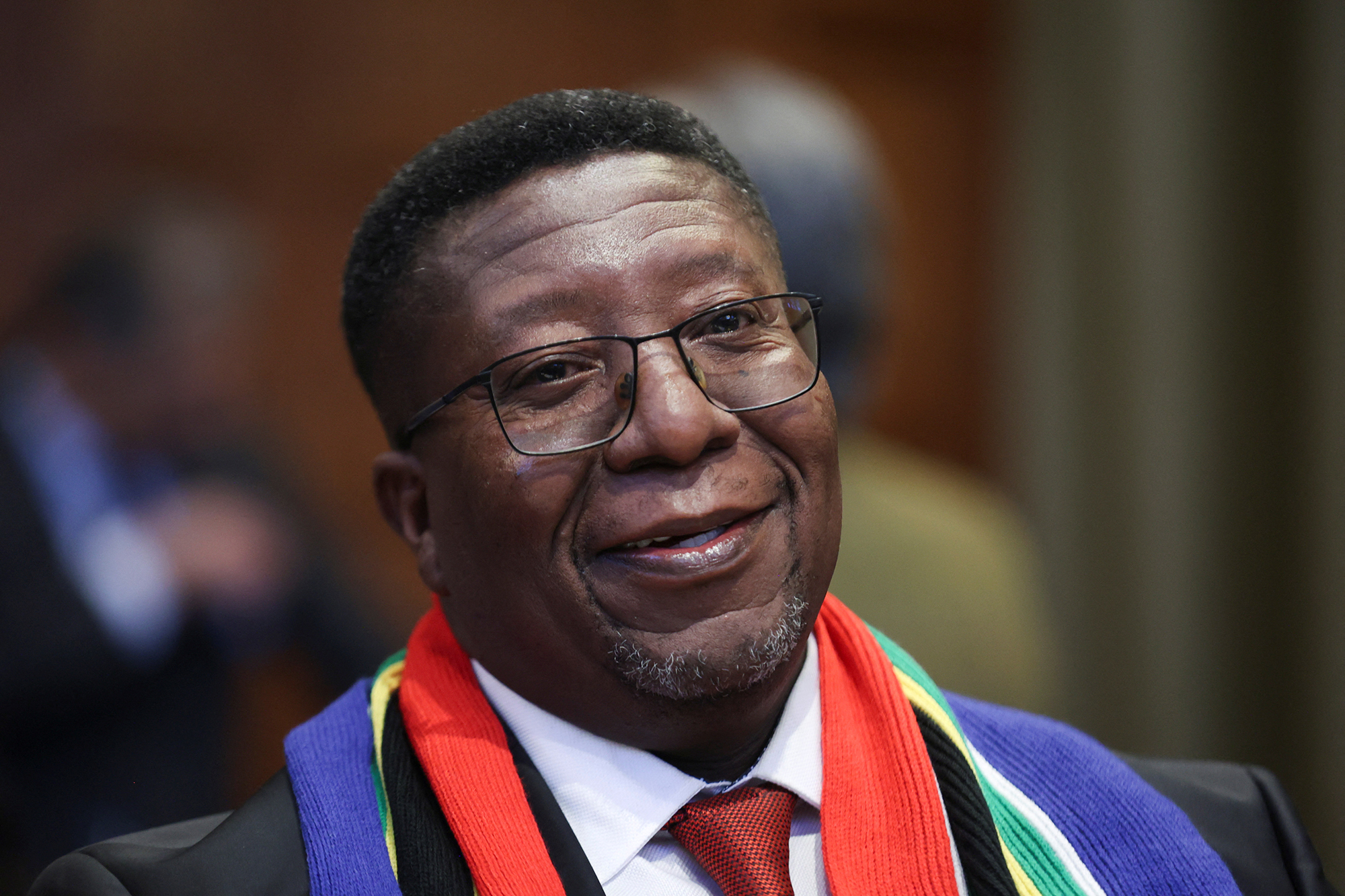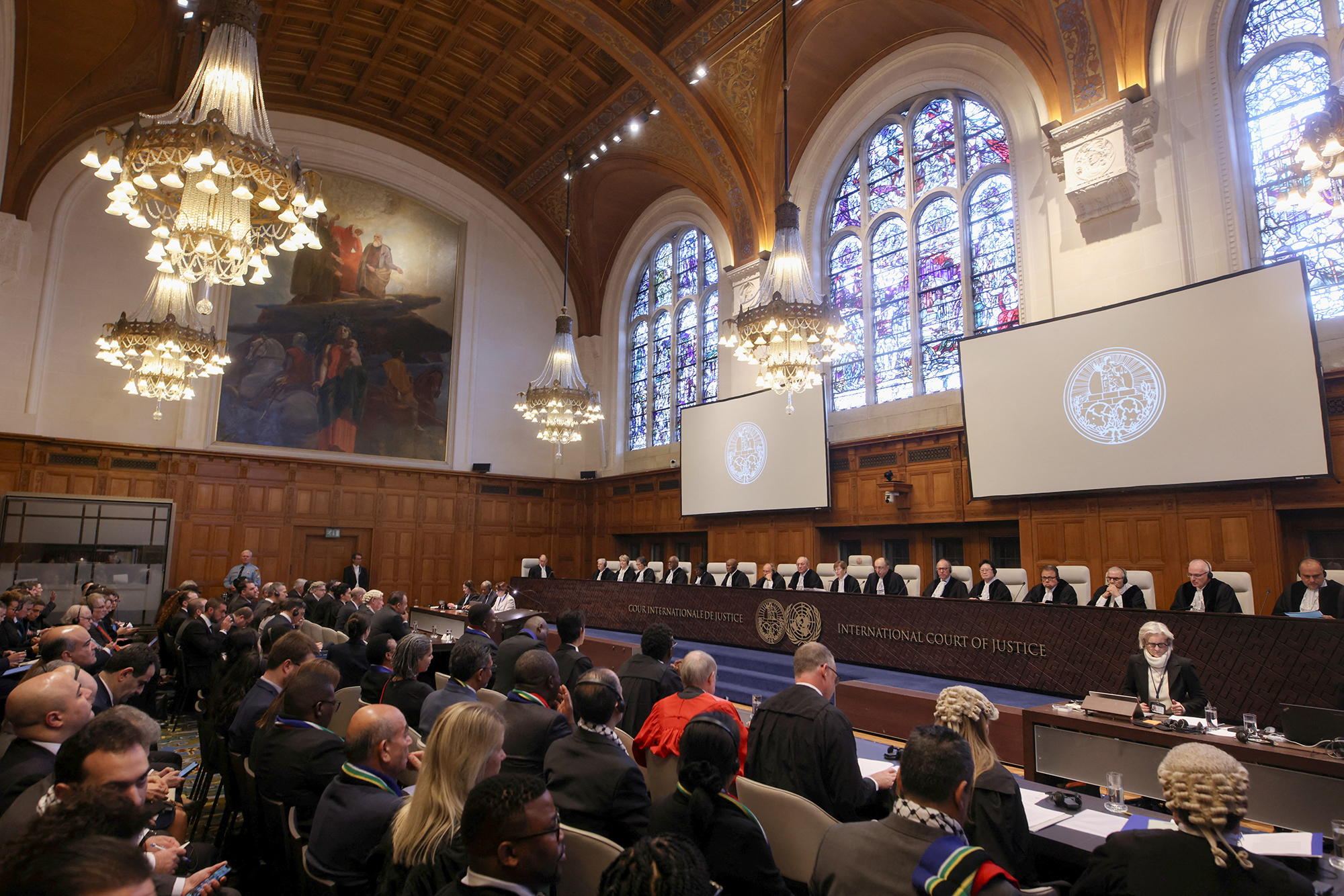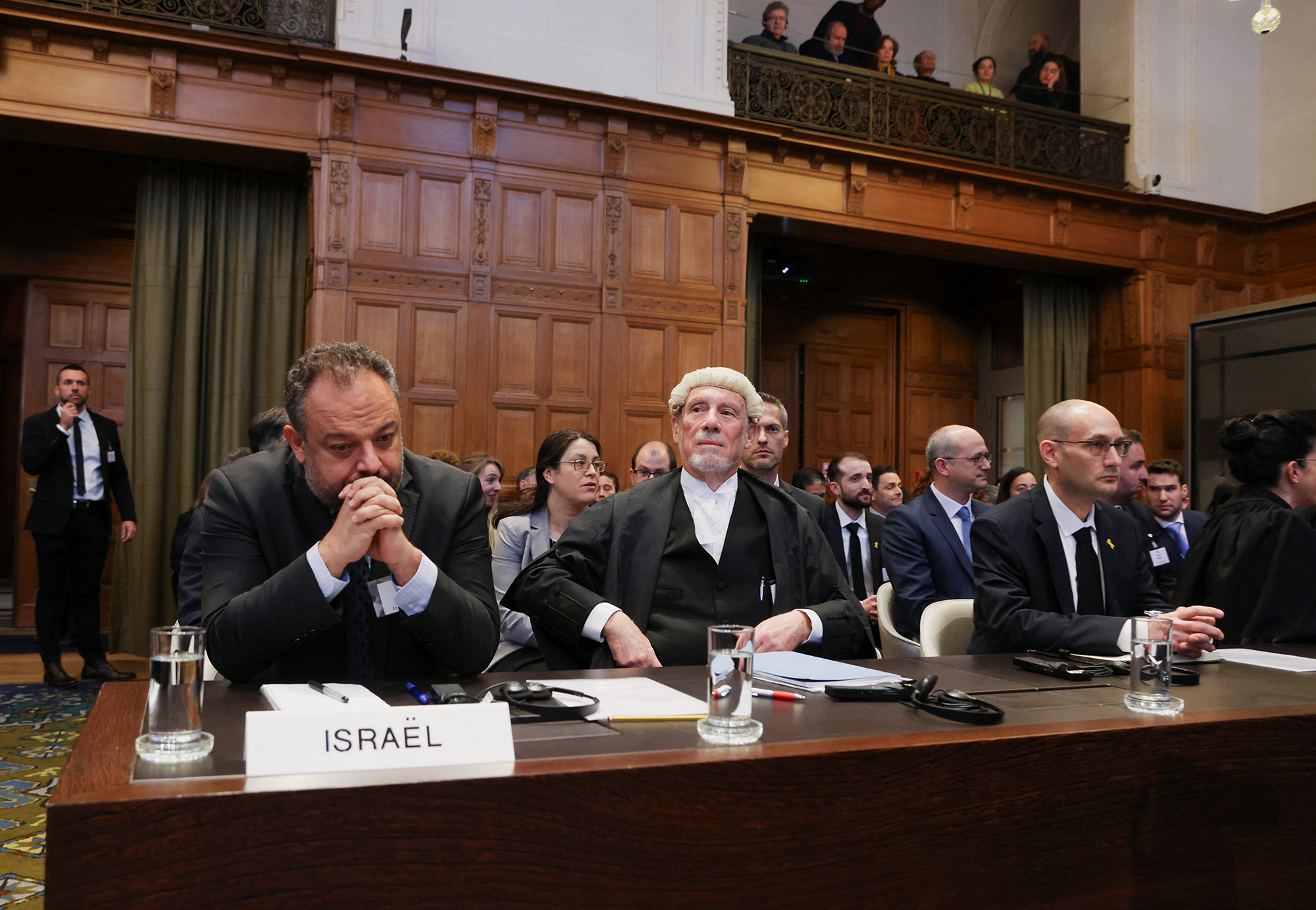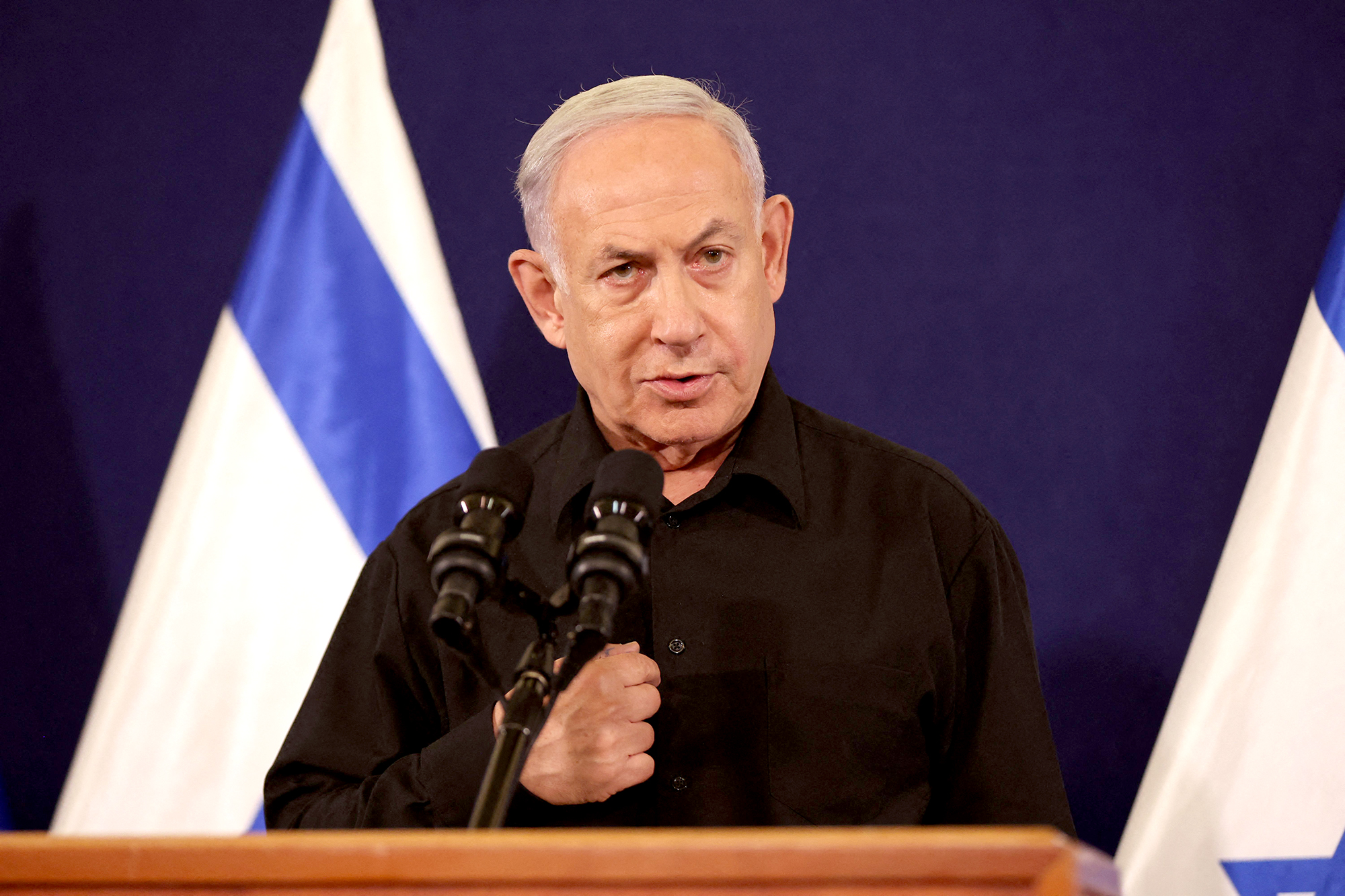The International Court of Justice is in the first of its two-day hearing of proceedings brought by South Africa accusing Israel of genocide against Palestinians in Gaza.
It is an unprecedented case. Experts say it is the first time that the Jewish state is being tried under the United Nations’ Genocide Convention, which was drawn up after the Second World War in light of the atrocities committed against the Jewish people during the Holocaust.
If you're just joining us, here's what you need to know:
What's the case? South Africa is taking Israel to the ICJ, also known as the World Court, on claims that it is committing genocide against Palestinians in Gaza and failing to prevent and punish genocide. South Africa is outlining its case today, and Israel will defend itself on Friday.
What does Israel say? Israel has firmly rejected the accusation, calling it an "absurd blood libel." President Isaac Herzog said Tuesday there was “nothing more atrocious and preposterous” than South Africa’s claim.
Israel will present a case "using self-defense," he said, to show that it is doing its "utmost" under "extremely complicated circumstances" to avert civilian casualties in Gaza in its war against Hamas.
What does South Africa want? South Africa says Israel’s acts in Gaza are genocidal “because they are intended to bring about the destruction of a substantial part of the Palestinian national, racial and ethnical group.”
South Africa has asked the court to issue “provisional measures” ordering Israel to stop its war, which it said was “necessary in this case to protect against further, severe and irreparable harm to the rights of the Palestinian people.” A provisional measure is a temporary order to halt actions, or an injunction, pending a final ruling.
A ruling on genocide could take years to prove, but the injunction on the Gaza war that Pretoria has asked the ICJ for could come much sooner.
What's happened in court so far? South Africa’s Minister of Justice Ronald Lamola said that "South Africa unequivocally condemned the targeting of civilians by Hamas and other Palestinians and groups, and the taking of hostages on the 7th of October 2023."
But, he argued, “no armed attack on a state territory, no matter how serious ... even an attack involving atrocity crimes can provide any justification for, or defense to, breaches to the convention," adding that "Israel’s response to the 7th of October 2023 attack has crossed this line and gives rise to the breaches of the convention."
Adila Hassim, one of the advocates representing South Africa, said Palestinians in Gaza have “been killed if they have failed to evacuate, in the places to which they have fled, and even while they have attempted to flee along Israeli-declared safe routes.”
The level of Israel’s killing is so extensive that nowhere is safe in Gaza,” she said, adding that the destruction was “beyond any acceptable legal – let alone humane – justification.”
Another lawyer representing South Africa, Tembeka Ngcukaitobi, said there was an “extraordinary feature” in this case: “Israel’s political leaders, military commanders, and persons holding official positions, have systematically and in explicit terms declared their genocidal intent.”
He referenced statements made by Israeli Prime Minister Benjamin Netanyahu and Defense Minister Yoav Gallant.
He said these statements “are then repeated by soldiers on the ground in Gaza as they engage in the destruction of Palestinians and the physical infrastructure of Gaza.”










